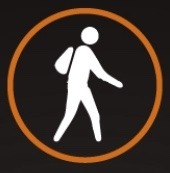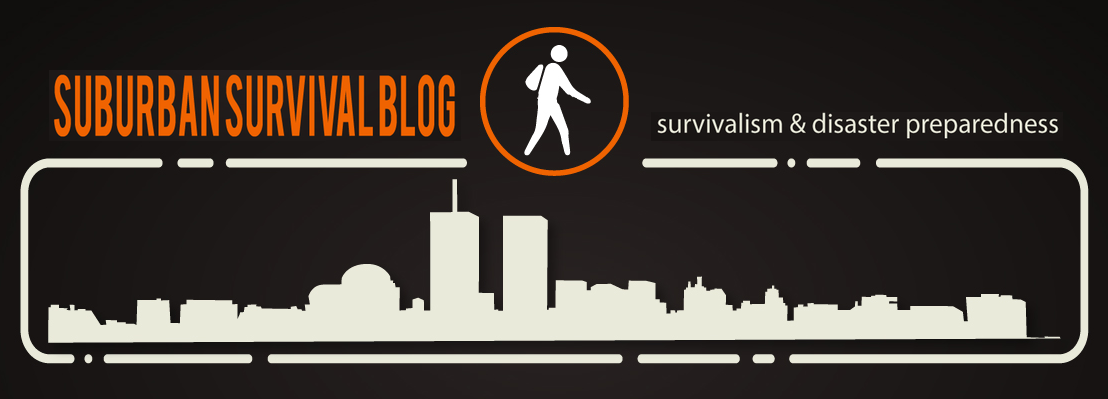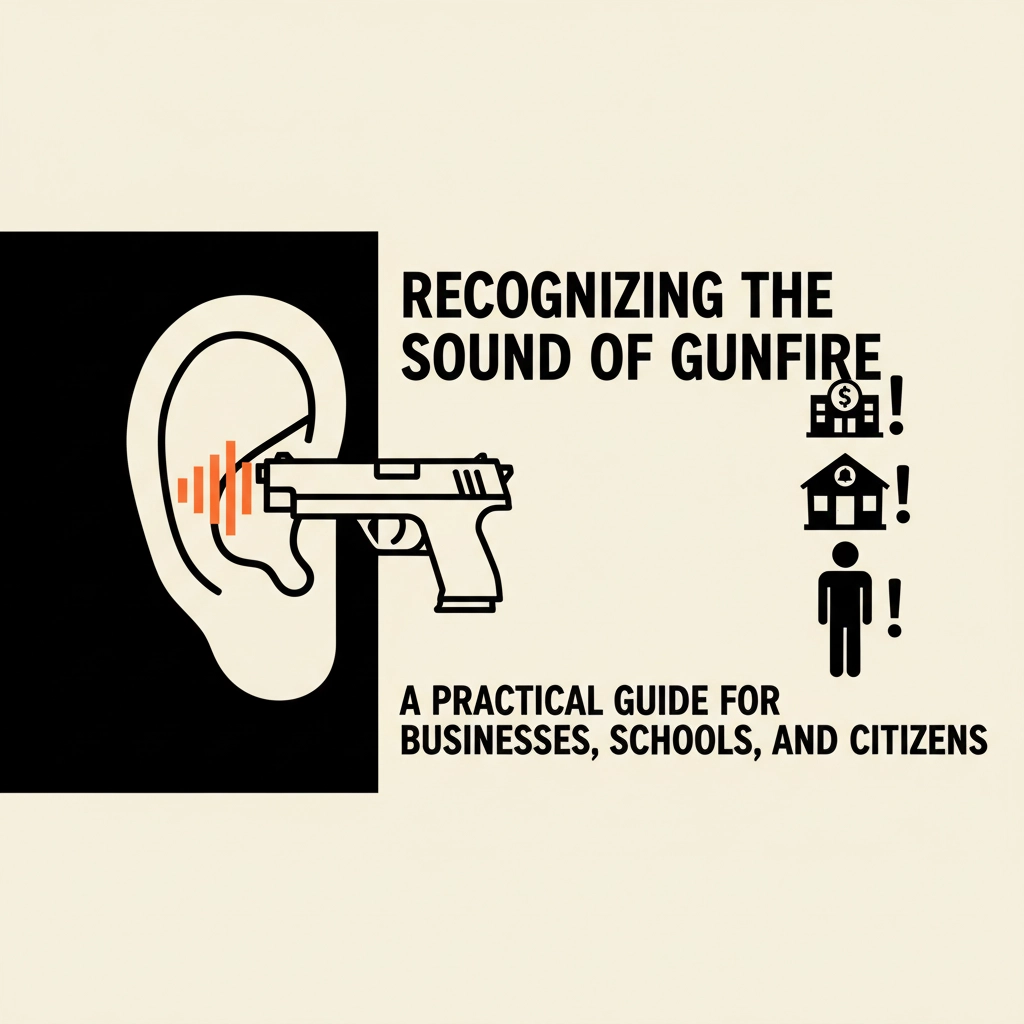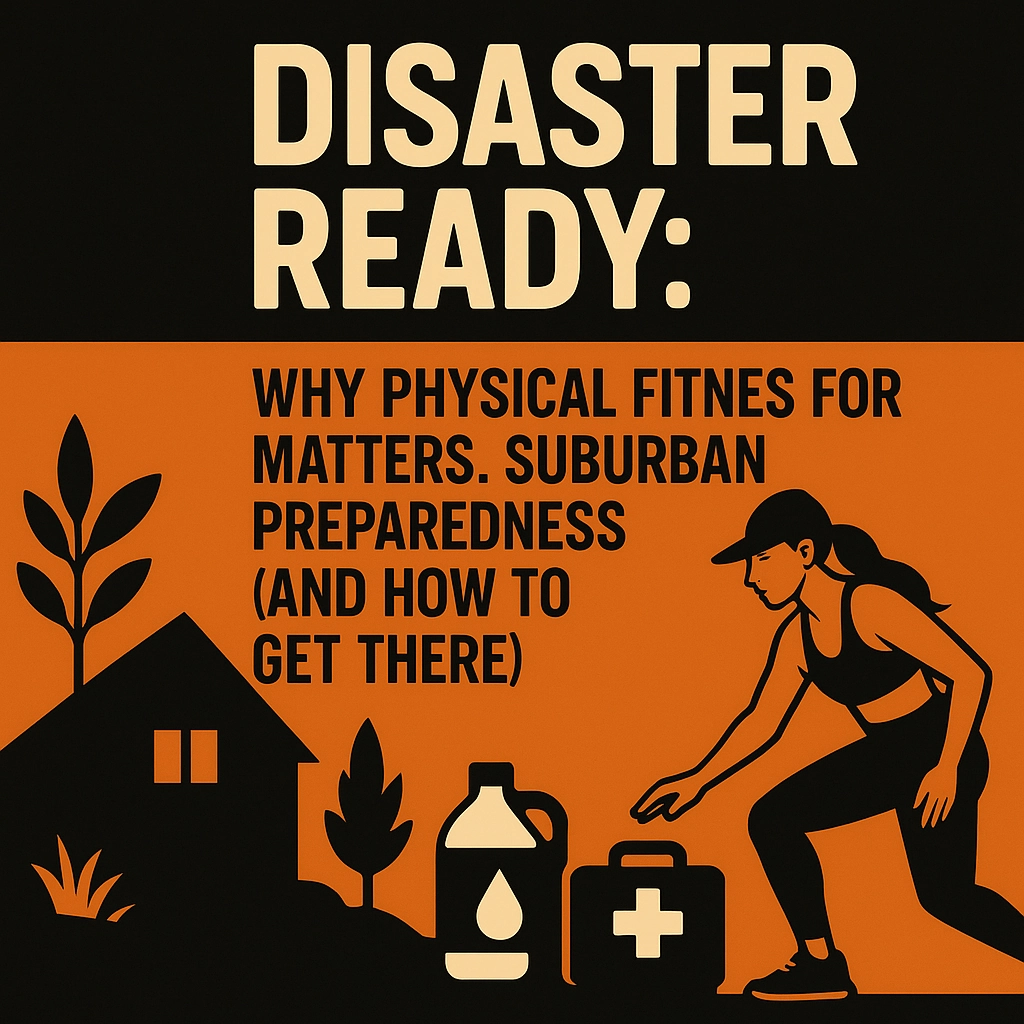 The storm has come and gone. Your experiences all depends on where you were at the time. Some places by me got hit hard (and are still without power as I write this). Others like my immediate area got away pretty cleanly (unless you were right on a canal). Even house by house was different. My only damage was a section of my back fence that isn’t too stable anyway. I can repair it myself.
The storm has come and gone. Your experiences all depends on where you were at the time. Some places by me got hit hard (and are still without power as I write this). Others like my immediate area got away pretty cleanly (unless you were right on a canal). Even house by house was different. My only damage was a section of my back fence that isn’t too stable anyway. I can repair it myself.
But one good thing this storm did provide was a test of my preparations. I think I did very well all things considered. Nevertheless, there were lessons learned.
After any incident it’s always a good idea to do a postmortem “Lessons Learned” review. Nothing ever goes 100% according to plan but such a review can help with identifying at least glaring mistakes and failures.
The following is a brief overview of what did work and what didn’t for me before, during, and after Hurricane Irene:
What Worked
Food & Water – I was well stocked with bottled and long term storage water as well as water purification tablets if needed. I also had a good assortment of canned food on hand as well as frozen and fresh, freeze dried long term storage and some MRE’s.
Lights & Batteries – I’ve been collecting flashlights of all kinds for months as well as Coleman LED and FL lanterns and accumulating the batteries.
Cooking – I had just picked up an extra propane tank for my gas grill in addition to the one there that’s at least half full. At a minimum I could boil water.
Communications – I was able to get a battery radio from the local Radio Shack. And my marine radio has the NOAA channel so I was covered for that. I have a set of Motorola walkies if needed and kept the cell phones charged throughout it all.
Security – Not really an issue for something like this, at least initially. My house location is off the beaten path a bit so I wouldn’t be the first looters come looking for. But if so I do have defensive capabilities.
What Did NOT Work
Fuel – People started lining up for gasoline around noon on Friday. Many stations sold out by the afternoon. Fortunately I had filled my car that morning. But when I took my wife’s car that afternoon (I always tell her not to let it fall below half but she still often runs it to E anyway!) the lines at stations were around the block. The lines moved quickly at the bigger stations but it was a tense scenario. Lots of people filling many cans too.
I have cans and stabilizer but my wife is opposed to storing gas for the safety issue. I can’t blame her. We don’t really have a good place to keep it. Can’t keep it in the garage and backyards on Long Island for the most part aren’t so big as to have an isolate area to keep gas cans. There is a spot in my yard I could put some out of view and somewhat sheltered. But she’s right that an errant fire cracker or cigarette butt could land there and if there a fumes…try explaining that to the insurance company!
Nevertheless, while I didn’t fill the cans this time I told her next time I will. She wasn’t happy with that. I’m sure we’ll revisit that issue again.
Electricity – Generators went fast! Going to be hard to get one even now for some time. A whole house generator isn’t practical for where I live. No place really to mount it with any reasonable sense of security. The only spot I could think of is at the far end of the house away from the main panel so it would cost a fortune to run a wire conduit to the panel. And there’s the issue of fueling it (see above). Propane might work but can’t have those giant tanks either. Natural gas isn’t available on my block and anyway could be interrupted if the pumps for that go out or there’s a break in the line.
I was looking at a duel fuel generator (gasoline or propane) to run the refrigerator, freezer, a good electric cooking plate, maybe a lamp or two. If I can hook it into my furnace motor too for the winter that would be excellent. I know I couldn’t run it constantly but for a couple of hours at a time would be helpful. Something to look into.
Similarly, some kind of basic solar system for charging at least flashlight and radio batteries. I recently saw a diagram utilizing a deep cycle battery, a solar charger and an inverter. Sounds like a winter project. And I could use some rechargeable flashlight batteries too.
Cooking – My gas grill would serve as a cooking platform but a more stove-like appliance would be better. Cabela’s (and I’m sure others) sell propane fueled stoves but they aren’t cheap. I’ve used Coleman camping stoves and they work well. Going to be hard to get one around here (and the fuel) for some time though. I’ve also been told there is an adaptor to fuel a Coleman stove off a grills’ propane tank. Need to look into that too. Don’t need anything fancy. Just being able to heat a can of soup or boil water is good enough (if things are really so bad for a long period of time I’ll have even more to contend with).
Sanitation – I filled our bathtubs as common but that wouldn’t last in a prolonged disaster. Digging a latrine isn’t an option. I need to look into a porta-potty or similar with the chemicals. Or at least a seat that can be put over a bucket (my wife would have kittens over that!).
Communications – I don’t have a good battery AM/FM/SW radio. It’s on my list but I haven’t gotten it yet. Need to speed that purchase up.
Defenses – While I didn’t see any looting nor heard any reports of it in my area that’s always a possibility in a disaster like this. While I have some defense capability I do need to add some more. Subject to family politics too unfortunately so I have to move cautiously and tactically. Probably can’t get everything I would want (financial considerations too). Also need to take a second look at body armor. Seeing how tensions were high at the gas stations I visited I could foresee donning a vest under my jacket before going out to the store or gas station both pre and post a disaster if things were predicted to be so bad and area supplies low.
Bug Out Location – After the storm passed I found out the area around my would-be “bug out” location was hit very hard by flood damage. The location itself is probably OK but I know the surrounding roads, bridges and towns have suffered massive damage. Even total devastation! Getting there (as of writing this) is in question for some time yet. And if I was there I could be trapped – especially if this was combined with a social SHTF event where repair crews and logistics would be scarce at best. There are alternate routes into the location but it’s questionable too if those are passable. Would be a big problem to take the risk to evacuate from home only to be stuck at impassable roads or washed out bridges then need to find alternate routes. All with limited fuel.
SHIP (SHelter In Place) is looking like a more probable option for future disasters.
OPSEC – I see this as my biggest problem. All the rest can be solved with purchases (“It’s nothing money won’t solve” as my father used to say). Carrie3570 is 100% right. In her video “WROL Reality” she expresses concern that in a SHTF disaster friends and family will flock to her home expecting to be taken care of and not even bring the basic food in their cabinets. For several days before hurricane Irene came I spoke with close friends. None were prepared in the slightest! And perhaps worse, none even saw the need to be prepared!
Most waited until Friday or even Saturday morning to go to the supermarket for food.
Most only got 1 or 2 cases (24 packs) of water – and many have 4–5 people in the family!
None even thought of filling their cars with gas.
None even thought to get extra cash out of the bank.
None even thought to do their laundry before power failed.
Among other things they should be doing.
But they all universally did say if things got bad they would come to – US!
At first I tried to say “Heck no!” but in a bit more tactful way. When it was obvious that wasn’t working I told them in no uncertain terms to be sure to bring food and water! And by “food” I mean whatever is their cabinets and fridge – not merely a bag of chips and a bottle of Dr. Pepper!
In the end no one needed to come. But that proved conclusively that my OPSEC is blown, though I had already pretty much expected as much already. I know my wife extended an invite to her parents who live a few towns to the East to come over if they had to evacuate. That’s fine. I wouldn’t expect otherwise and have planned as much as I can to include them in my preps. Besides, I like my in-laws and they have skills/knowledge that could be helpful in a disaster. But not anyone else. I’ve told my wife as much several times since starting to prep and repeated it this time too. If this was a truly awful disaster I may have to be very much Mr. Unpopular with some people. Hope it never has to be put to the test.









All I can think about OPSEC is, “Thank heavens most of my friends don’t live close enough to show up at my house — and since I moved, some of them aren’t real clear on exactly where I am!”
I already live with my two best friends (my cousin, and my husband)! I would never turn away my (adult) daughters, but they’ve been warned that I won’t let them bring friends (or boyfriends, heaven forbid) with them if they show up during a disaster. They’ve also been told not to talk about their parents being preppers… I can only hope they’ve kept their mouths shut.
Funny thing is, you make one little innocent post on Facebook about 5‑gallon buckets being on sale at the discount grocery, and a handful of coworkers pop up with variants of, “I know what that means!” Either we’ve got a lot of preppers in urban Oregon, or it’s becoming way more mainstream than I thought.
Jeanne, I know a lot of people that try to keep it quiet…
I live in SE PA and for my immediate area, it was easier than the thunderstorms that we had a few weeks ago. That’s not to belittle the tragedy of others, only that we were fortunate.
OPSEC is always difficult to maintain and even more so to practice. I could go on and on about how my friends and neighbors are not prepared. Fortunately, all they really see of my preps is the amount of water I have in my garage. I get comments, but I just laugh them off. However, the day before Irene, I did have one friend come to me for a case of water and D cell batteries. Guess I’m not as secure as I’d like to be either.
With regard to cooking. I just bought ($100 at Home Depot) a Charbroil Big Easy Oil-Less Turkey Fryer. Yep, oil-less. It’s what Charbroil calls infrared cooking. It uses your gas grill propane tank. So far I have only used it for chicken. It works great and I’m certain that I can bake in it. I am going to try to do biscuits this weekend. I want to do a lot of experimental cooking with it to loose the learning curve. So far I am very pleased with it. My other turkey fryer would take $60 in oil so the price was a no brainer. It’ll pay for itself in a year or so.
Thanks for another great writing.
Great tip with the oil-less turkey fryer. Please keep us posted with updates on what you find with it.
We are not far from you and just got our power back on yesterday. I agree it was a good test of our preps.
@generators–one person on our block had a generator. It was loud so everyone knew he had one. After the first day without power neighbors were asking him if they could plug their refridgerators into his generator for a while. He said no, they got mad, he hid in his house, blah blah blah. Didn’t get ugly but it could have. I think we’ve decided against a generator for this reason. Unless there is a lot of space between you and your neighbors they will hear your generator running. I think we’re going with a solar-powered hot water heater, and a combination of propane and wood-fueled alternatives.
@communication–we have a crank radio that worked fine. It is actually a crank radio/flashlight. No batteries needed. We charged our phones in our car.
@SHIP–we could not have gotten to our bug-out location either. I think in our area (with the rivers and flooding problems) this could be a common occurance in our area. We need to focus on SHIP more in our planning.
I have come to the conclusion that generators are bad in an urban or suburban environment, primarily for the reason you stated above. I may purchase a small portable one that can be thrown in my truck, but it will primarily be a bug out device and/or a device to run power tools from when the time comes to use it for that reason. The property owner at my secondary BOL has two generators and uses them often for projects that require power tools…
As for your idea to go with a Solar Powered hot water heater, propane, and wood, I think those are good ideas. I have my own ideas how to incorporate some wood as well into my own Bug In situation even though I am in an apartment. Suffice it to say, whether anyone likes it or not, I will be warm and safe as will the property…
I love my crank radio. I just wish it had Short Wave mode. NOAA is great with it, but listening into communications further away might be helpful as well. I am purchasing in rather short order I am purchasing a Midland Portable CB, associated Whip Antenna, and some Sanyo Brand Eneloop AA batteries (VERY high performance rating). Portability is for the BOV, as well as in the home, and the whip antenna can be slid outside the window inconspicuously enough…
I just confirmed that in some upstate NY towns police are NOT allowing in anyone whose primary residence (based on drivers license) isn’t in the town!
So outside property owners are SOL.
That puts bug out plans in a whole new light! 🙁
I have a generator as well and have no idea if it will keep the fridge cold. It is primarily for a portable A/C should the power go out post hurricane in Houston. I think it is a great idea to have one. I have no problem telling people “no”.
As to batteries and power, I also have a small solar (45W) and deep cycle battery setup. It would keep my cell phones charged and a few hours of computer power per day. I am planning to get, but not deploy a 200W panel so that should the SHTF, I would have more power availability. Even at 5 hours per day, that is still only 1000 Whr per day — enough to charge some batteries and power some lights at night, not much more.
The radio is a must.
As to OPSEC, it is almost impossible with family. Even my wife has a big mouth at times so I don’t tell her everything we have. I would bet my neighbors don’t have anything for emergency purposes and would come begging for water and food. I have no family in the area, so don’t have anyone to turn away. As for people in my church/social circle, I have given them all a presenation on hurricane awareness. If they choose to not prepare, I’ll have to shrug my shoulders and turn them away.
One day, my preps will be put to the test. I hope we pass.
Good after action report, with a lot of usable information in it. I’m still pondering everything you wrote, trying to see how I can amend my own preparations to make use of your experience.
Great post and great topic. This is so important to me that I keep a small jornal of training, camping trips, drills, deployments, events and debriefings. It has been a huge help perfecting my gear over the years.
Another option is to purposely get a larger wattage generator so that you can plan on extension cords to neighbors. I guarantee they will be most appreciative. Another option to a Tri-fuel generator is to get a gas generator and a Natural Gas/Propane Carb kit with bypass. Lots of time NG stays on when electricity goes out and it is WAY cheaper than feeding your thirsty generator gasoline at max output for a week.
Good idea on getting a propane stove instead of a BBQ. They are so much more efficient. For my heavy duty water boiling needs (aside from wood) I got a Coleman Dual Fuel Stove with a propane conversion kit. If you’re a backpacker or car camper, MSR makes a couple of models of multi-fuel stoves that will burn just about any liquid fuel. Alot of people also overlook long term non-electric indoor lighting. But that is a post in itself. 😉
Thanks for the honesty. I would say you’re spot-on with much of your assessment and, fortunately, much of your “didn’t work” items can be fixed in short order. And I certainly feel your OPSEC pain; it’s amazing what people don’t or won’t do especially when they expect somebody else to care for them.